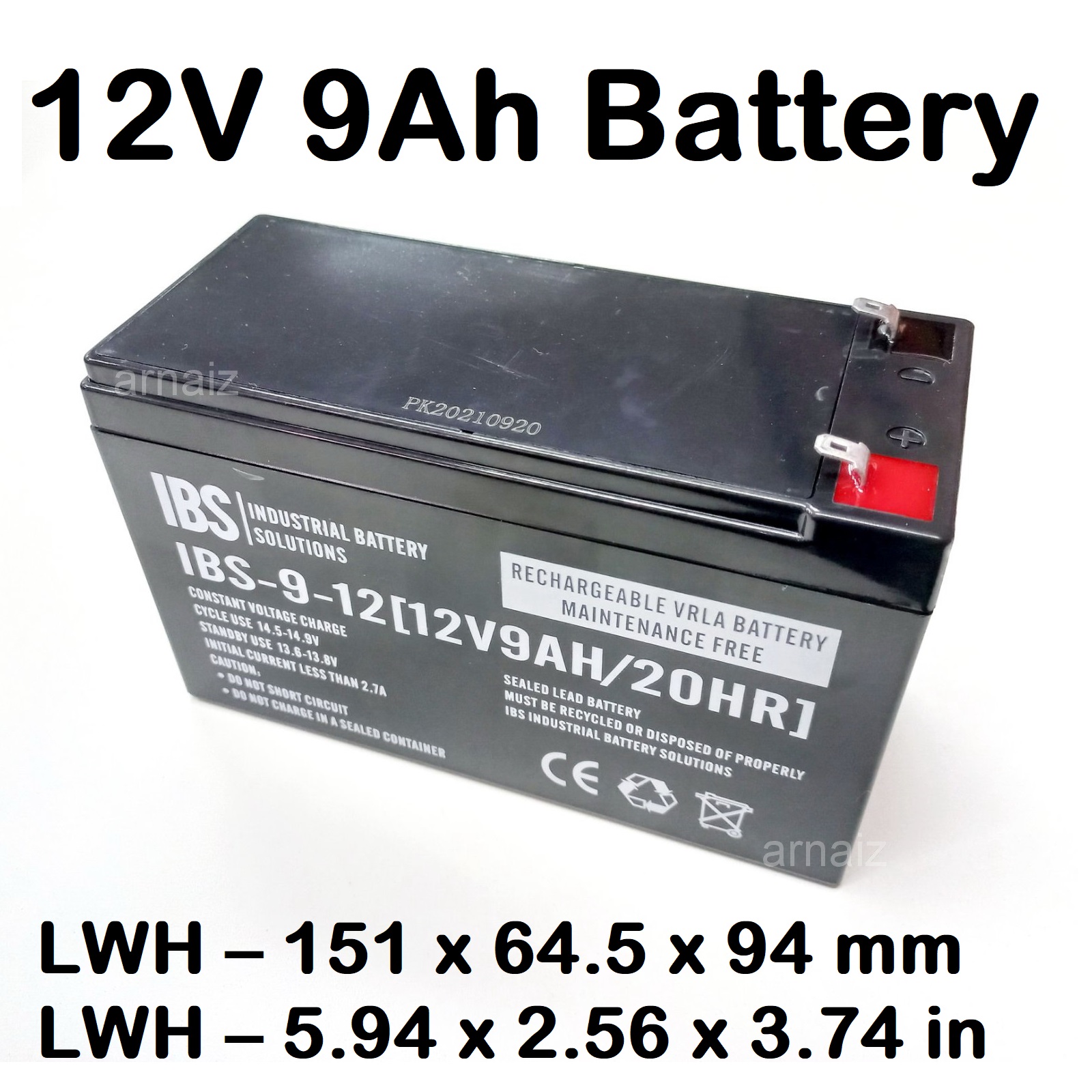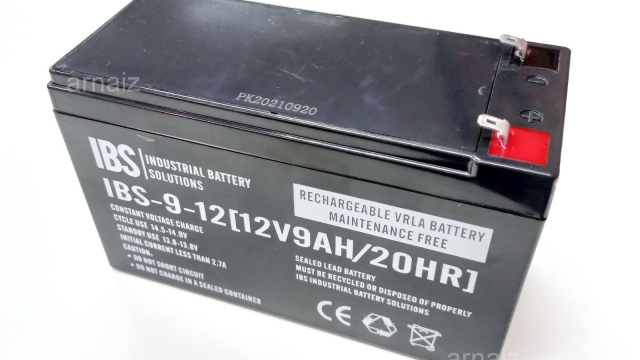Power Your Peace of Mind: The Ultimate Guide to UPS Batteries

In our increasingly digital world, the reliability of our power sources has never been more crucial. Unexpected power outages can disrupt our everyday lives, causing losses in productivity, data, and even peace of mind. This is where UPS batteries step in as a vital solution, providing uninterrupted power supply during those critical moments when the electricity fails. Whether you are a business owner trying to safeguard important data or a home user looking to protect your devices, understanding UPS batteries can lead to greater security and dependability.
UPS batteries not only keep your electronics running smoothly but also offer you the peace of mind that comes with knowing that your devices are shielded from potential harm. In this guide, we will explore everything you need to know about UPS batteries, from how they function to the various types available on the market. By the end, you will be equipped to make informed decisions about your power backup needs, ensuring that you remain connected and secure, no matter what happens.
Understanding UPS Batteries
UPS batteries are essential components of uninterruptible power supplies, designed to provide backup power during outages and stabilize voltage fluctuations. These batteries are typically sealed lead-acid or lithium-ion, allowing them to efficiently store energy for immediate use when the primary power source fails. This ensures that connected devices, such as computers and servers, can keep running smoothly without interruption.
The capacity and run time of UPS batteries can vary significantly based on their design and size. Small UPS systems may support devices for only a few minutes, enough to save work and safely shut down equipment. In contrast, larger systems can provide power for extended periods, making them suitable for critical applications in hospitals, data centers, and telecommunication facilities. Understanding the specific requirements of your equipment will help determine the appropriate UPS battery configuration.
Regular maintenance and monitoring of UPS batteries are crucial for ensuring their reliability. Battery life can be affected by temperature, charging cycles, and load demands. Most modern UPS systems come equipped with diagnostic tools that alert users to potential issues, helping to extend battery life and ensure optimal performance. Being proactive about battery care can prevent costly downtime and protect valuable data from unexpected power loss.
Choosing the Right UPS Battery
When selecting a UPS battery, it is important to consider the power needs of your devices. Begin by calculating the total wattage of the equipment you plan to connect to the UPS. This will help you determine the capacity of the battery you need, ensuring that it can provide enough power during an outage. Look for a UPS system that has a higher capacity than your total wattage to allow for any additional devices you may want to connect in the future.
Another crucial factor to consider is the runtime of the UPS battery. Different models offer varying runtimes based on their battery capacity and the load connected. If you need your devices to remain powered for an extended period during an outage, choose a UPS with a longer runtime. It may also be beneficial to look for models with battery backup options, allowing you to swap out batteries easily as needed.
Lastly, consider the features and technology of the UPS battery. Some units come equipped with advanced features such as LCD displays for monitoring, USB ports for charging mobile devices, and the ability to connect to management software. These features can enhance the user experience and provide better control over the power supply. Evaluate your specific needs and preferences to choose a UPS battery that not only meets your power requirements but also offers functionalities that align with your lifestyle or business operations.
UPS Uninterrupted Power Supply
Maintaining Your UPS Battery
To ensure the longevity and reliability of your UPS batteries, regular maintenance is crucial. Start by keeping the batteries clean and free from dust or corrosion. Inspect the terminals for any signs of rust, and clean them gently with a dry cloth or a solution specifically designed for battery maintenance. Keeping the environment around your UPS dry and well-ventilated also prevents overheating, which can drastically reduce battery life.
Another important aspect of UPS battery maintenance is monitoring the battery health. Many modern UPS systems come with built-in diagnostics that can provide information about battery status. Check for any alerts or notifications regarding battery performance, and conduct regular tests to ensure that the batteries are holding a charge effectively. If you notice any significant drop in performance or unusual noises, it may be time to replace the batteries or consult with a professional.
Finally, establishing a regular replacement schedule will help you avoid unexpected failures. Most UPS batteries have a lifespan of three to five years, but this can vary based on usage and environmental factors. Mark your calendar to remind yourself of when to expect replacements, and consider keeping a spare battery on hand for critical equipment. Proper maintenance ensures that your UPS will be ready to provide backup power when you need it most, giving you peace of mind in any situation.


